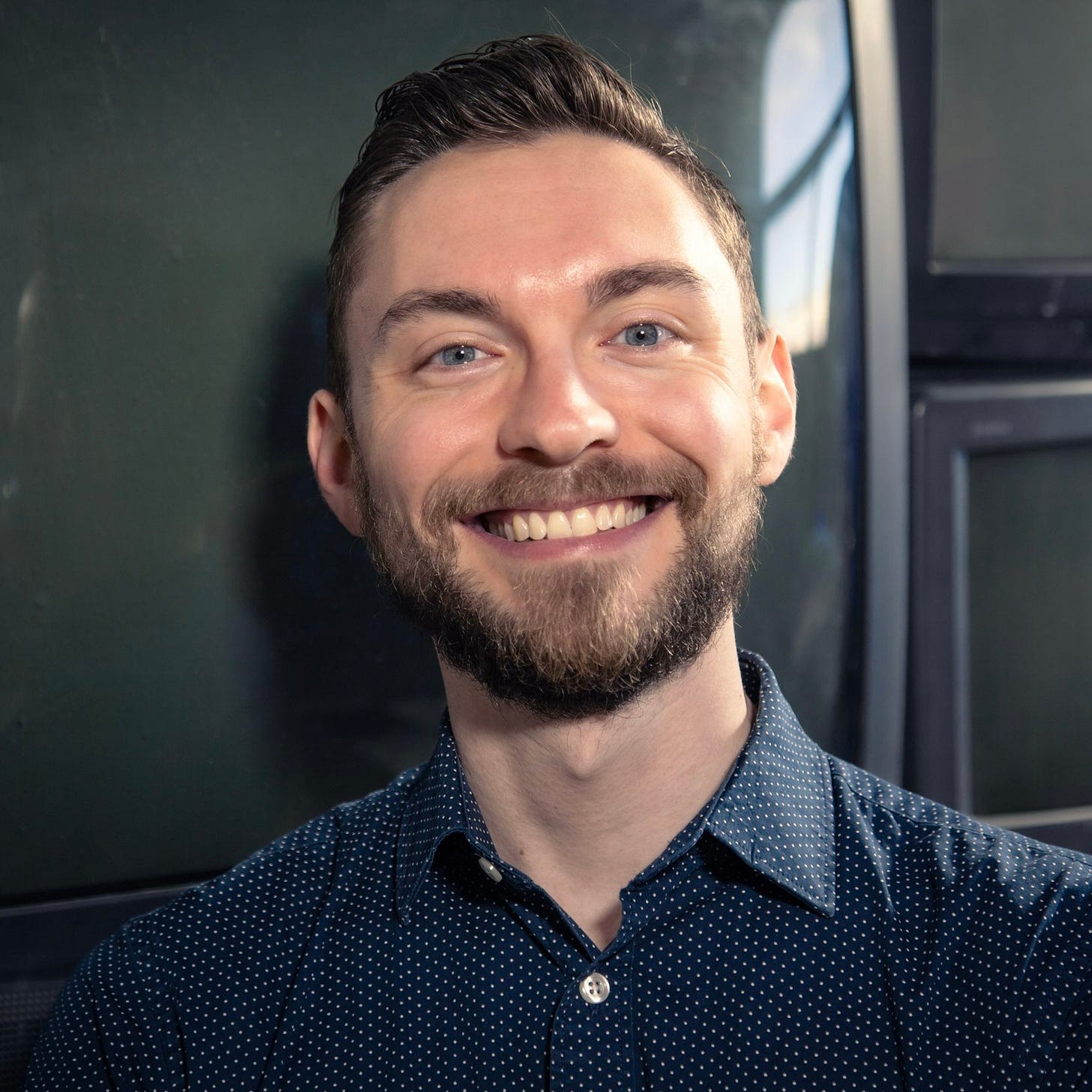You can find the full, updated one-pager here.
MAXIMUM NEW YORK — A NEW CIVICS SCHOOL
Premise: far too few people understand how NYC’s government works, and there is no academy to teach them. This even applies to elected, hired, and appointed members of the government (I know, because I’ve taught several confidential sections for them). We must combat the Foundation Effect, and MNY does.
Solution: stand up a new civics academy focused on governmental mechanics—the study of the components of government and law, and how they interrelate. Give students an intensive, robust foundation to understand how NYC works, with special attention to case studies and political history. These allow students to form plans of action, and understand constraints, respectively.
How is MNY different from other groups?
MNY focuses on training a smaller group of people to a very high level, networking them together, and pursuing moonshots. It creates more individuals and teams with deep knowledge and expertise, which have historically been the individuals who push big, vital projects through NYC.
The “standard activist model” (SAM) in politics has a small professional staff overseeing armies of volunteers. The volunteers are incredibly low information, and the professional staff themselves often are too—although they tend to possess sharp knowledge in their specific domain (fundraising, political operations, etc).
The SAM burns out volunteers, doesn’t reliably train and cultivate talent, tends toward having a bad time, and broadly speaking has lower standards. Nonetheless, the SAM is a vital component of the political ecosystem—it is mostly good that we have organizations set up this way. But it is bad that we do not have more entities like MNY, and that many individuals think the SAM is the only way to go.
What do they learn, a sample:
The hierarchy of authorities: the most effective frame for understanding the delineation between local, state, and federal responsibility, and how to navigate their overlaps.
Case studies on effective municipal transformation: the Central Park Conservancy from 1980-2024, the original creation of the subways, the restoration of Bryant Park, and more.
The curriculum, called Governmental Mechanics, fundamentally integrates practice alongside theory, and emphasizes action.
Student selection:
Via application: students must be willing and able to dedicate at least 5 hours to class per week (in-class time, and homework/studying).
Students must contribute to a superb classroom environment. Students meet best friends, cofounders, roommates, employers/employees, and more in my classes. While they are all there to learn about government, the social graph of the class is also an immense value-add.
Why do people take the class?
Technologists: to learn how to build civic tech that political actors will use, and to understand when projects require procurement (and what that means).
City agency employees and legislative staffers: to understand the relationship between their agencies, other organs of government and law, and the city budget cycle.
Citizens: to understand what city jobs are available, and what they can achieve; to make career switches into government; to learn the basics of legal research for their own writing and publications.
Be entertaining, be good
Civics already has a bad reputation as a boring field. But this isn’t the fault of the field—it’s the fault of generations of terrible teachers. Good political and civic instruction requires outcompeting Netflix. If you, as a would-be civics instructor, do not go to open mics or perform your material in public, you are likely not good enough.
You are likely doing damage to your field by reinforcing its boring reputation in the minds of your students. If you’ve ever had the thought “people are too apathetic to learn this,” you are probably blaming others for your own inability to relay the material in a compelling fashion. The call of civics is a call of excellence.
Background
Founder: Daniel Golliher
MNY’s roots stretch to early 2019, when Daniel thought, “I’d like to learn the structure of NYC’s government.” That one project quickly became many (and included producing a map of the NYC charter), and his desire to understand the mechanisms of the city merged with his hope for its future. The result is a new civic philosophy, and an organization to house it.
He holds a Government degree from Harvard College.
Contact
For any questions or comments, you can email Daniel: daniel@maximumnewyork.com or DM him on Twitter or LinkedIn.


